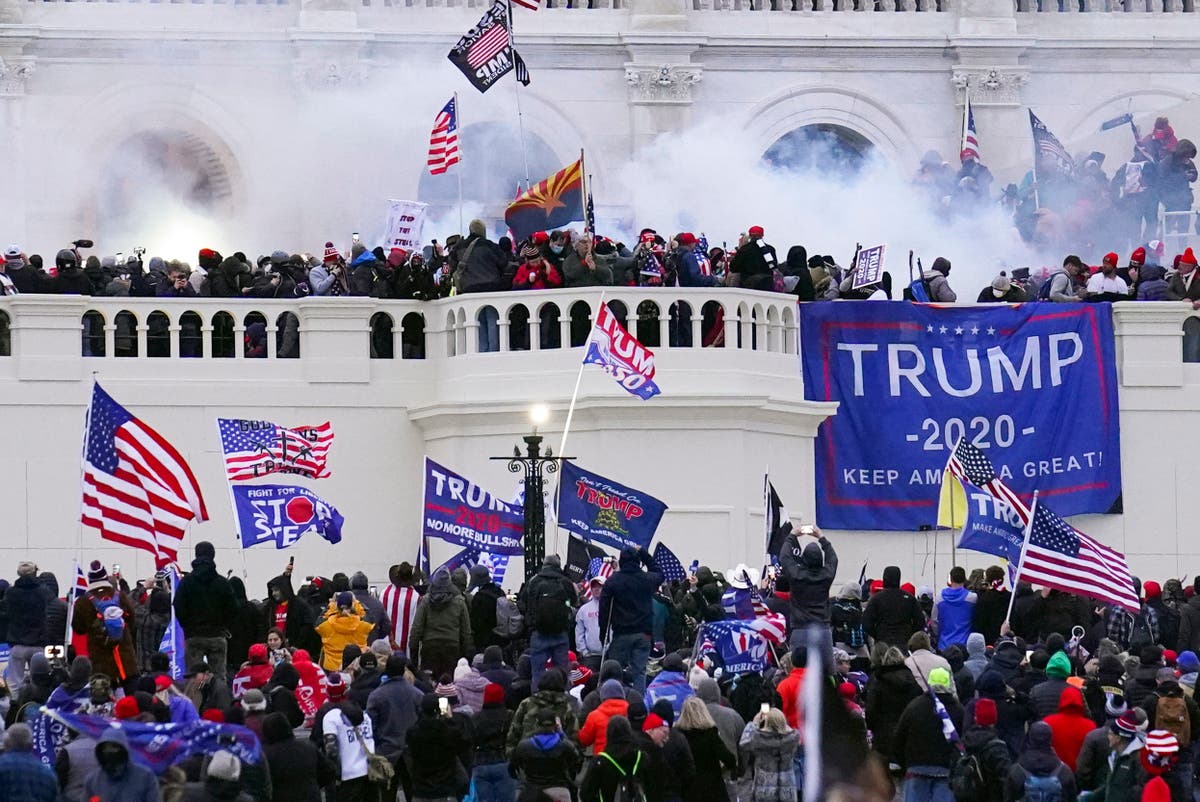Several individuals involved in the January 6th Capitol riot are grappling with the long-term consequences of their actions, four years after the event. From legal battles and business setbacks to personal reflections and renewed pursuits, the experiences of these rioters highlight the diverse impacts of the day.
Following President Trump's unsubstantiated claims of election fraud, some rioters faced criminal charges and prison sentences. The aftermath has led to varied responses, including attempts to rebuild lives, new career pursuits, and unwavering defiance.
Some rioters, like James Beeks, an acquitted former Broadway actor, have channeled their experiences into writing, publishing a book titled "I am Judas Redeemed." His journey, from Broadway star to a person grappling with the aftermath of the riot, reflects the multifaceted impact of the events of January 6, 2021.
Meanwhile, Jenna Ryan, a former real estate broker, also found inspiration to write a book, "Storming the Capitol: My Truth About January 6th." Her account offers a contrasting perspective, one that attempts to contextualize the events within a politically polarized climate.
Others, like Casey Cusick, faced significant personal and financial hardships. The Florida handyman lost his business and incurred substantial legal costs. His experience underscores the substantial toll the riot took on some individuals.
Couy Griffin, a former New Mexico county commissioner, also faced repercussions, losing his position and struggling to rebuild his career. The event continues to shape his future, forcing an adaptation of a professional path.
Eric Clark, a former drywall worker and former resident of Kentucky, is attempting to rebuild his life after spending time in prison. His reconnection with his daughter, who was instrumental in his arrest, offers a personal perspective on the complexities of family relations in the aftermath.
Daniel Christmann and Treniss Evans, both with diverse backgrounds, have found a new direction. The former plumber, now aiming for law school, was inspired by the people involved in his legal defense. Evans has found new purpose in providing legal support to other Capitol rioters through the newly formed group, Condemned USA. Their journeys illustrate how the experience can drive change.
Finally, Jacob Chansley, the "QAnon Shaman," maintains an unrepentant stance, portraying the event as a "setup." His continued defiance, despite the penalties, underscores the enduring complexities of the issue.
These accounts paint a multifaceted picture of the lasting consequences of the January 6th events, highlighting the struggles, adaptations, and varying perspectives of those involved.







